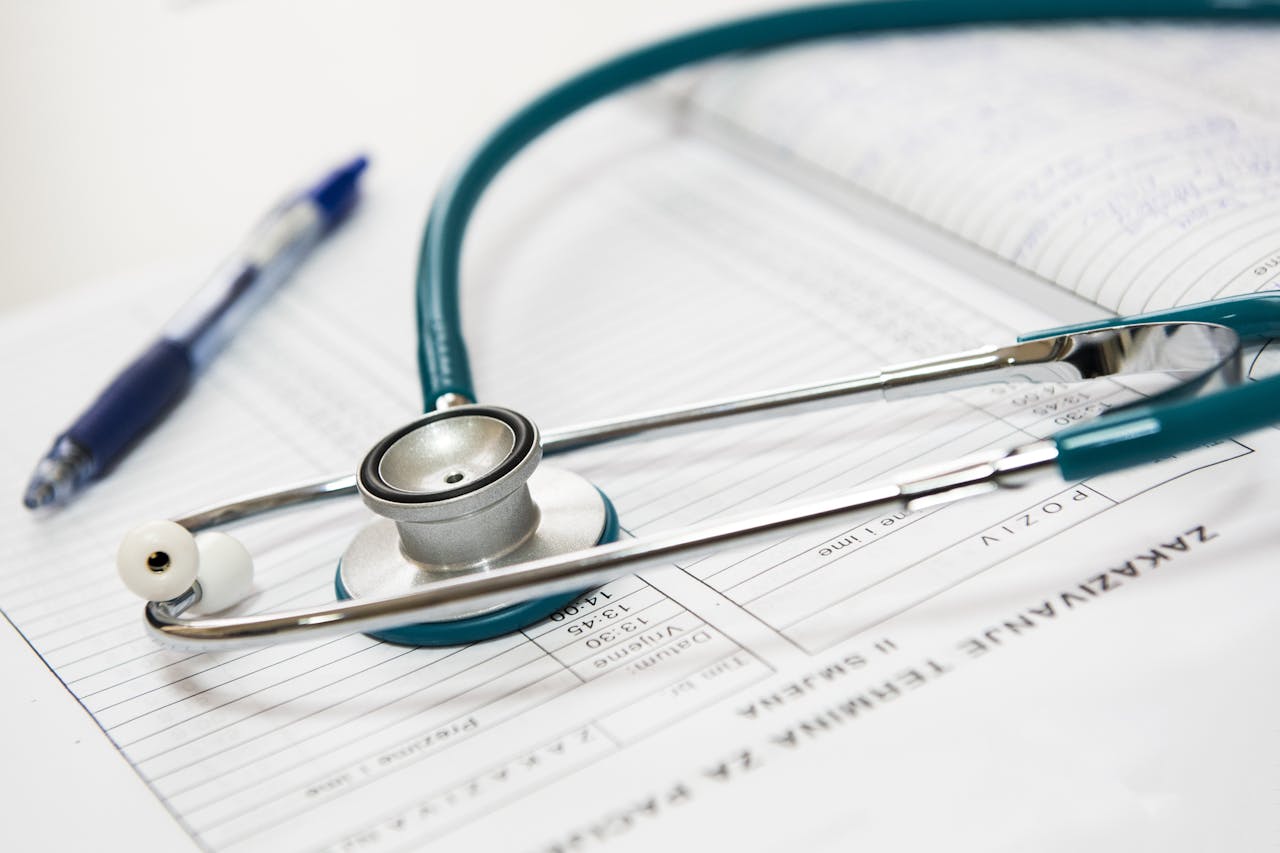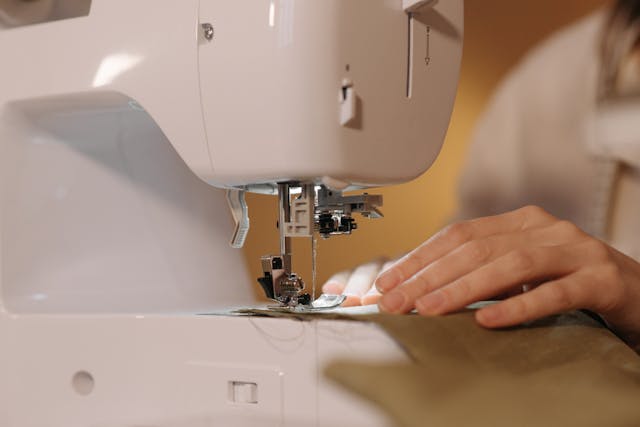Staying Healthy Without Insurance: A Basic Guide for When the System Fails You
If you’ve recently lost Medicaid coverage in the USA (or never had insurance to begin with), you’re not alone. Millions of Americans are suddenly on their own for the basics. It can be absolutely infuriating. But while you fight to get coverage back (or figure out your next steps) there are some basic ways to keep yourself as healthy as possible in the meantime.
This isn’t about magical thinking or wellness woo woo. This is about damage control and low-cost moves that matter.
Focus on the big 3: sleep, food, movement
When you’re dealing with stress, fear, and the system grinding you down, the basics matter more than ever.
- Sleep: Prioritize a consistent bedtime and cut screens 30 minutes before if you can. Free apps can help lull you down without pushing supplements or subscriptions.
- Food: You don’t need a perfect diet – you need one with fiber, protein, and enough calories. Look into local food banks or community fridges (many don’t ask for ID). Beans, rice, canned fish, frozen veggies: cheap, effective fuel.
- Movement: Walk. Stretch. Do five squats in your kitchen. YouTube has free low-impact workouts if you’re into that. Moving your body helps with stress and keeps your systems running smoother.
Be proactive with preventive care (as best you can)
Catching small issues before they become emergencies is key. Especially when you can’t afford the ER, either in terms of the financial costs or the sheer amount of time it takes to sit in the waiting room.
- Pharmacies and clinics: Places like CVS MinuteClinic, Walgreens, and many grocery store chains offer some services at predictable out-of-pocket rates.
- Community health centers (FQHCs): Federally funded clinics offer sliding scale fees and don’t require insurance. Find one at findahealthcenter.hrsa.gov. Although this option may be less likely in the very near future.
- Dental schools, nursing schools, or health fairs sometimes offer free or low-cost screenings. You might have to wait but it’s better than nothing.
Build a health backup plan (even if it feels grim)
Planning for medical “what ifs” can help you avoid panic when something does go sideways.
- Prescription hacks: Ask your doctor (or a friend’s doctor, if you still have one) about generic versions, $4 pharmacy lists, or GoodRx coupons. Many antibiotics, inhalers, and common meds may be cheaper than you think.
- Telehealth options: Some services like PlushCare, Sesame, or HeyDoctor offer low-cost one-off visits, especially for things like UTIs or birth control.
- Emergency fund ≠ savings: Even $50 tucked away in an envelope for urgent care copays can be a lifeline.
3 Takeaways:
- Focus on foundational health: decent sleep, simple food, and daily movement go further than most supplements ever will.
- To support affordable preventive care, try to utilize sliding-scale clinics, local resources, and community health centers.
- Make a backup plan for prescriptions, low-cost telehealth, and out-of-pocket options before you need them.
Feature image courtesy Pixabay/Pexels.






